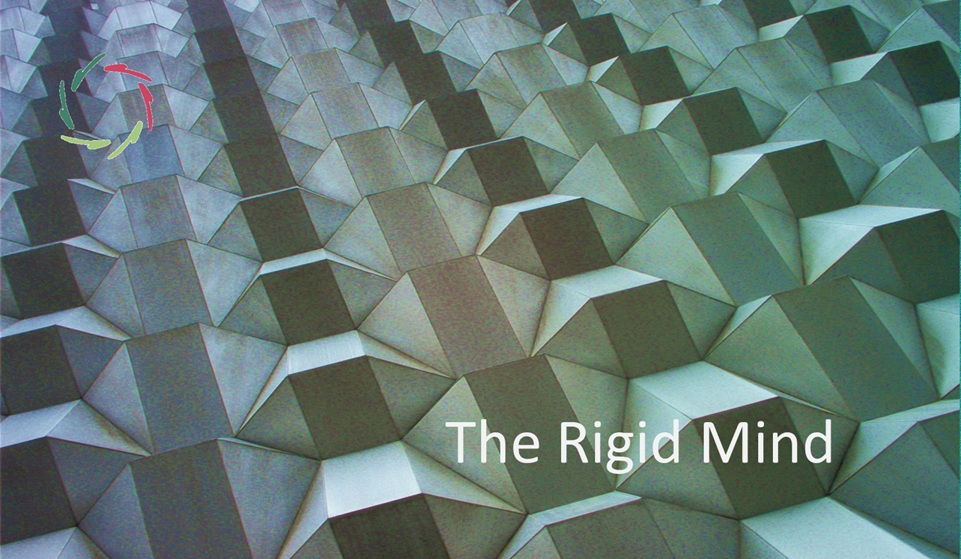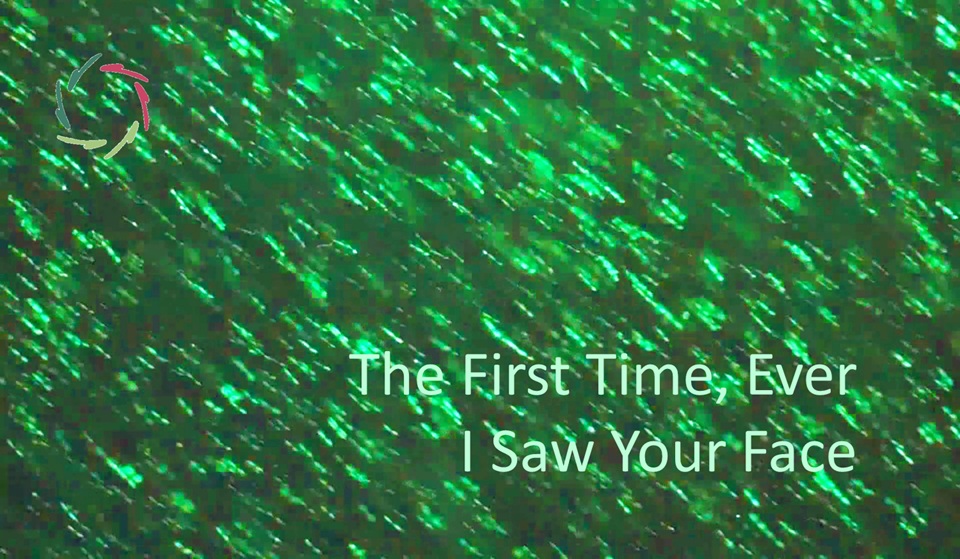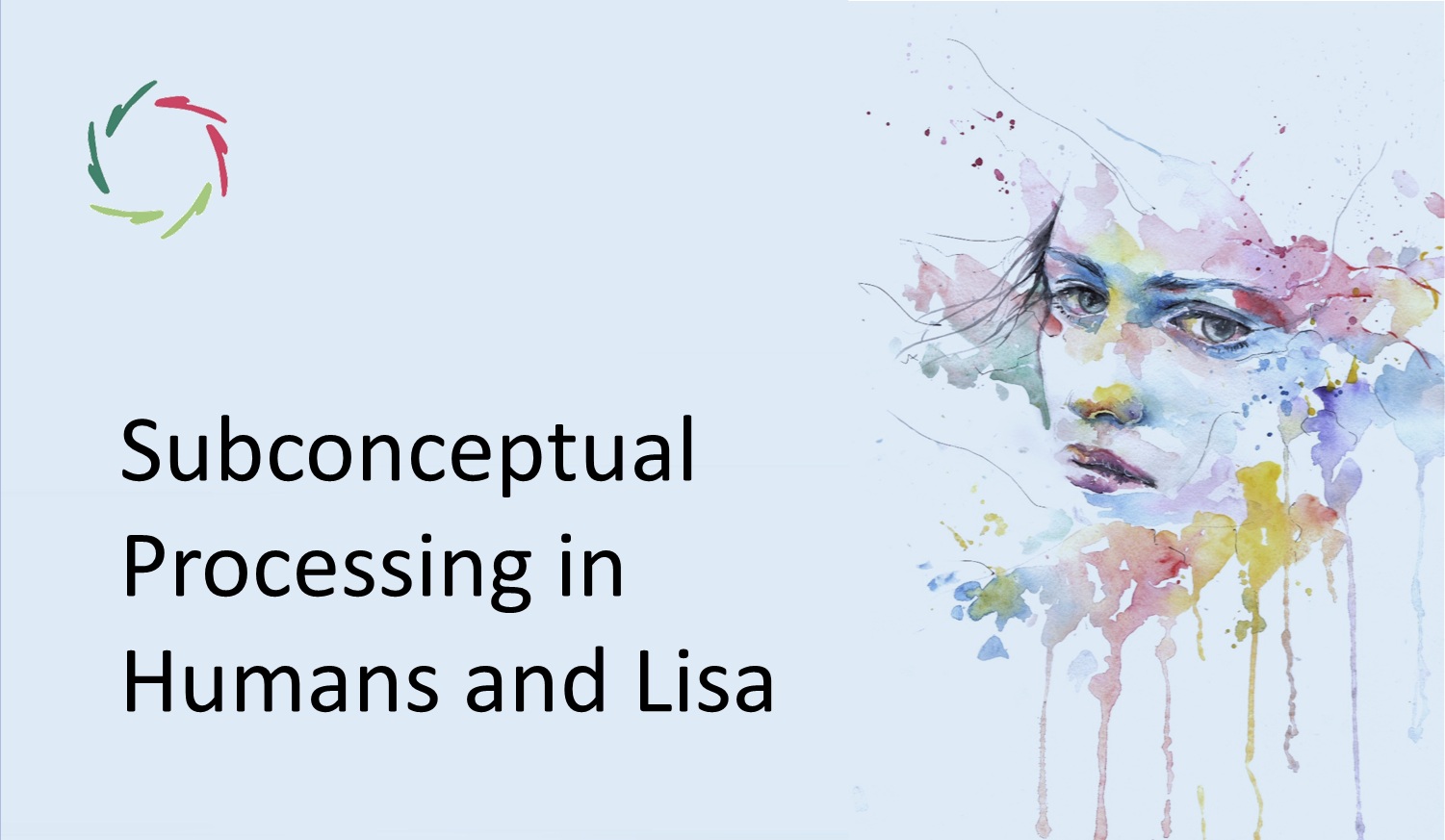Inner Resistance

Resistance to change can come from ‘inner’: deep inside, thus being surprisingly energetic also if the person in question is not consciously aware of the source.
Everybody has at least some ‘resistance to change.’ It’s healthy — until no more.
Obstacles to change
Part of G.I.M.O. is the ‘O’ of obstacles, which come with many flavors.
The most tenacious ones may be those related to inner resistance because these largely arise from the inside out. [Note the similarity with and difference from transference.] This doesn’t mean they are categorically not imbued. Their sources can be manifold. The following are, somewhat artificially, three levels:
1. The deepest inner resistance to change is organismic.
Life counts on individuals trying to stay alive — thus, to remain somewhat stable. If an individual changes too readily, it’s not an individual anymore, just a fleeting wave of being. Living entities need to be dynamically responsive to a changing environment, but they also need to be stable enough to exist. It is the striving for this stability that leads to deepest inner resistance to change.
This leaves room for growth, which is why growth (in coaching, for instance) is mostly preferable above change from outside.
2. Cultures imbue inner resistance to change.
In their striving for stability, cultures try to keep acculturated members within cultural lines through interiorizing a resistance to transgress the cultural norms. That’s understandable but not always for the good of those members who may suffer tremendously through cultural pressures.
Even though the source of the resistance is cultural at this level, inner resistance against being oneself is paradoxically about what the individual feels as coming from deep inside. If not adequately reckoned with, it leads to deep struggle ― existential guilt, shame…
3. Personal sources of inner resistance
These can also be deeply embedded, especially when long-lasting.
One can think of mental patterns as if they are circles overlapping with many other circles in ways that keep conglomerates of them sticking together. Thus, one cannot change one pattern without encountering opposition from many others and vice versa. The result is a surprisingly strong inner resistance to change — especially when the three levels intermingle, which they frequently do.
Common to many forms of inner resistance is their surprisingly strong energy.
Therefore, looking at it from the outside, the result may seem pretty irrational. “Just change” may then seem straightforward, but it doesn’t work this way. One may be tempted to try out this straightforwardness again and again — to no avail.
So?
Does the person need to be ‘ready for change’?
This is frequently brought as the simple conclusion. However, what is meant with ‘ready for change’ is seldom explicated. It’s something mysterious like, “And then, a miracle happens.” (Un)fortunately, miracles don’t happen, of course, and no motivation come miraculously.
Knowing that the game is played at the subconceptual level is a big step forward. Furthermore, overcoming inner resistance is hard work. Putting in much time may help — if time is available. Touching people deep inside contributes, one way or another.
However, the main thing is getting really deep.
The question, therefore, is how to optimally – including ethically – use autosuggestion to alleviate resistance to change.


